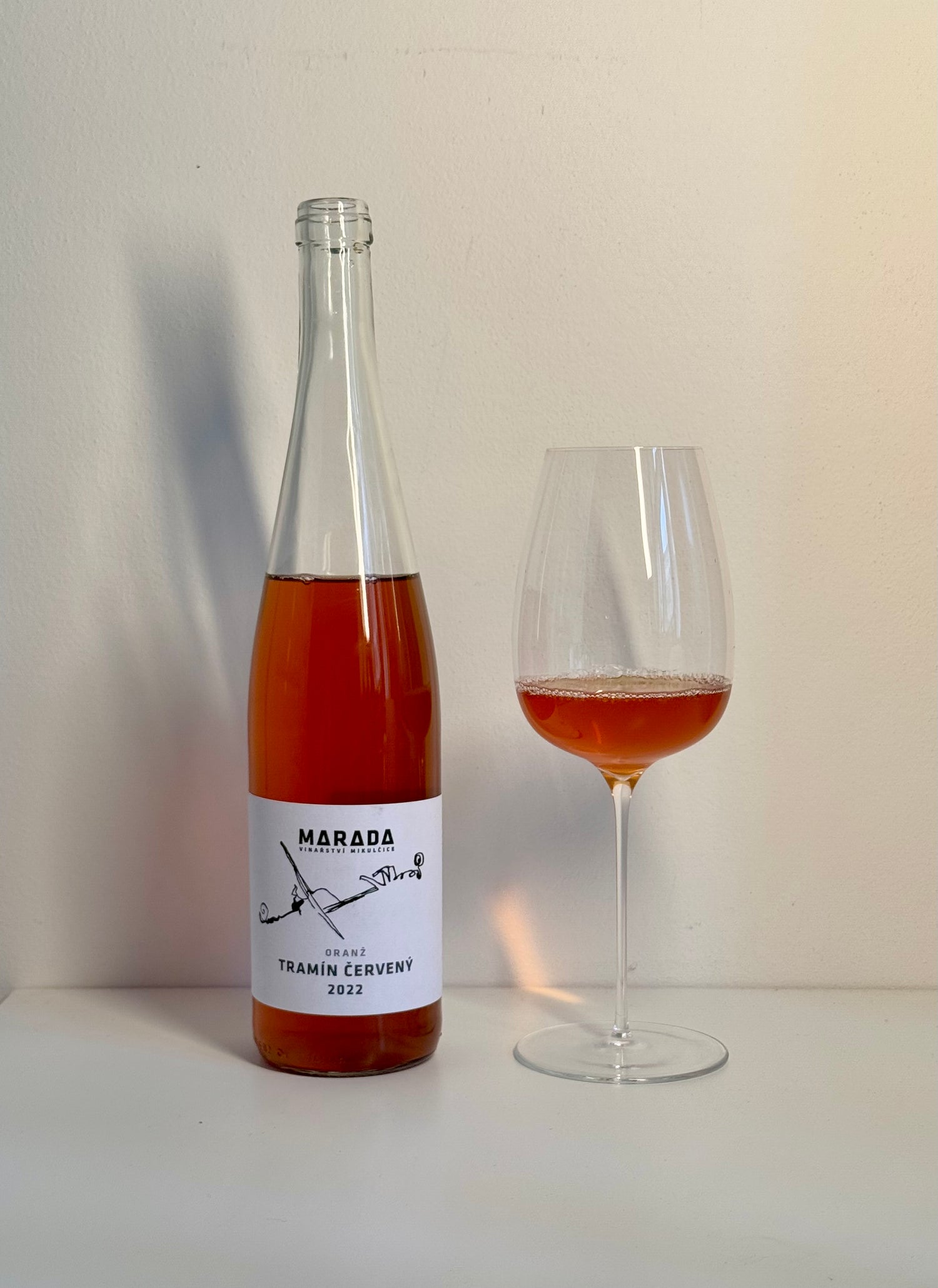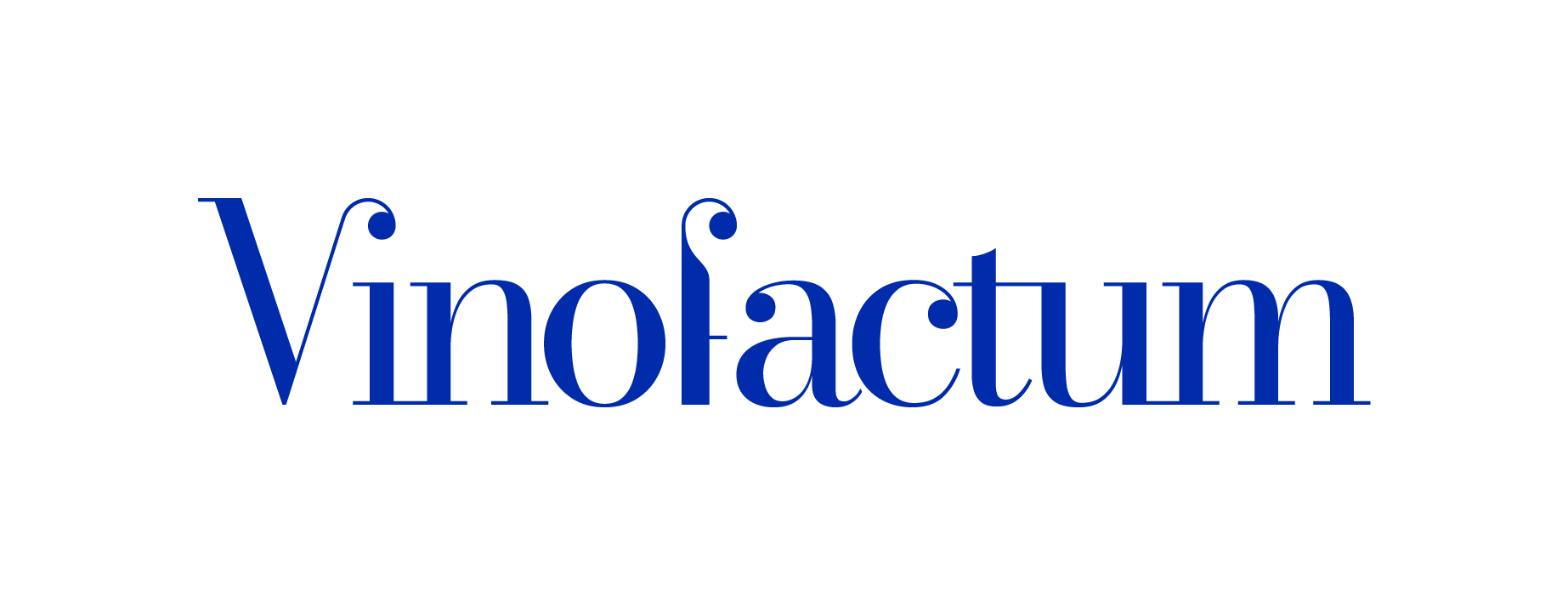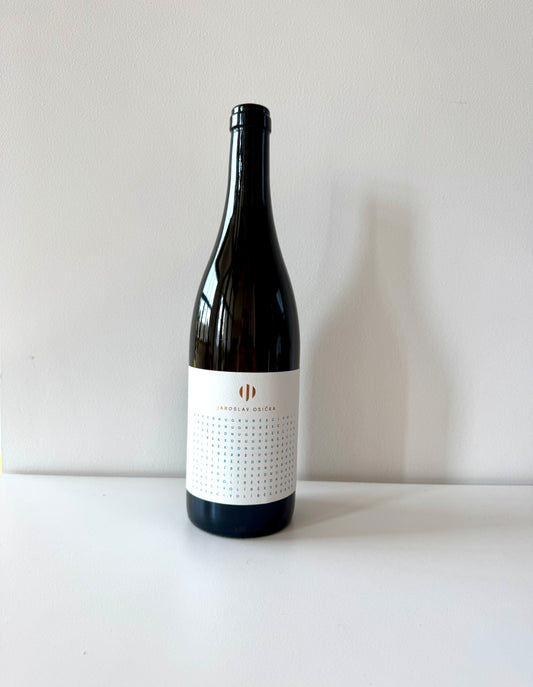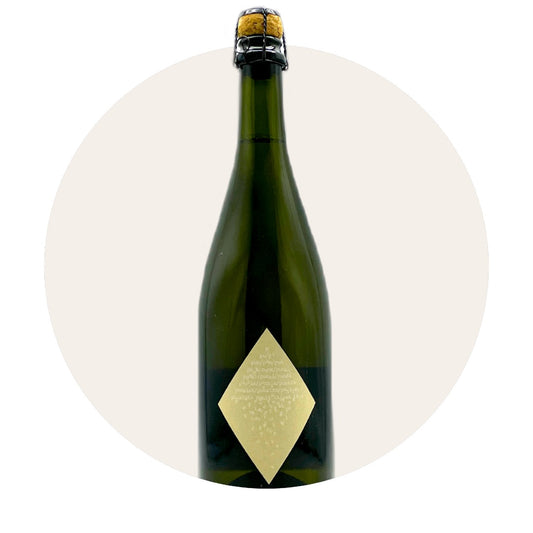Discover our new series of interviews with inspiring, game-changing women from the European wine scene: Kristina Muusmann is running a wine import & distribution company Sæsonmelier in Copenhagen, focused on Central & Eastern Europe just like VinoFactum.
Our connection with Kristina goes back to January 2022, when we got introduced by our mutual friend Kate (who is, side note, running her own design studio Kit and Caboodle Prints, and is the designer behind your favourite Whaam & Sweet Pinot Dreams pét-nats). As two women sharing the same joy & struggle of building a wine distribution business, we immediately bonded, and I’m very glad that I was able to influence Kristina to expand her selection with wines from the Czech Republic which she’s now distributing in Denmark.
Her story of building a wine import business in a crowded market like Copenhagen, finding her niche, blending her passion for DJing with wine, and building communities is nothing short of inspiring. Dive into it below and listen to the special playlist she created for our VinoFrau series!
Interview by Šárka Betke, Vinofactum Founder / Images courtesy of Kristina Muusmann
Let’s start from the beginning—what led you to wine?
Experiences related to taste and gastronomy have always been a passion of mine, which first led me to a part-time job at an olive oil shop, during my university studies. Later, this led to another part-time job at a wine bar, both located in a food market in Copenhagen. I loved being surrounded by the best produce, working with food, and especially with wine. It felt like I was pursuing my own education in gastronomy alongside my university studies, which were in a completely different field.
When I got my master’s degree, I realized that my heart belonged to the world of wine. I took a full-time job at the wine bar, where I was given more responsibility as a manager. During that time, I also completed my sommelier certification and I haven't looked back since.
What inspired you to take the leap and start your own business?
Growing up, my parents were always self-employed, which naturally inspired me and showed me the benefits of running one's own business. I’ve always had the urge to create something of my own and be my own boss. After many years at the wine bar, the time felt right to take the leap, and that’s when I started my company, Sæsonmelier – importing and distributing natural wines from Central and Eastern Europe, complemented by tastings, events, and seasonal dinners.

Why did you choose to focus on Central & Eastern European wines?
Before starting my sommelier education, I decided to take a trip to Georgia to gain a deeper understanding of the origins of wine. My partner and I visited several wineries and came to understand, more than ever, the impact the Soviet Union had on the country and its wine culture. I found it really upsetting and began to wonder which other former communist countries had a similar fate as a “forgotten” wine country.
I became fascinated by Central and Eastern European wines and frustrated by the lack of attention it was given – these wines were both underrepresented in the Danish market and neglected in formal education. I'm working on changing that.
Who has influenced or inspired you the most in this journey?
I believe role models and mentors are important, if not essential, to a successful journey. As a one-woman show, I’m incredibly grateful to have inspiring people around me, so generous with their knowledge and experience. No gatekeeping, just pure support.
My mentor on my journey as a wine importer is the amazing Maria Tsalapati. It has been truly inspiring to see what she has done for Greek wine with her company Oinofilia in Denmark and now also in Sweden.
Šárka, you are also a huge inspiration. Observing what you have accomplished for Central and Eastern European wine in Berlin made me believe it could be possible in Copenhagen too.
I also have to mention the talented Sommelier Lea Sandby, who has also been making wine in Bulgaria. We share a passion for Central and Eastern European wines, and I’ve always admired her bravery in trusting her palate instead of simply following trends or other tastemakers in the industry.
How would you describe the wine culture in Denmark?
In general, Danes love wine. Natural wine is especially popular in Denmark’s larger cities, particularly Copenhagen, where its origins are linked to the New Nordic food movement. This connection has helped establish Copenhagen as a hub for natural wine, with world-class wine bars and restaurants incorporating these wines into their menus.
This creates a large market, but with many wine importers and distributors, the competition can be tough! Fortunately, there are many curious and adventurous wine drinkers and sommeliers eager to explore wines from lesser-known regions and they are the reason I have a seat at the table.

What do you think people focus on when choosing wines today?
I see both gastronomy clients and private customers seeking honest and authentic wines. They want to sense and taste the true colors of the terroir and the grape varieties. They’re interested in local traditions and styles.
Wine consumers are curious about new experiences, they want to try Sauvignon Blanc from a lesser-known region or an unexplored local variety like Pálava. Many wine drinkers here appreciate small-scale, family-run wineries that focus on sustainability and are willing to pay for authenticity and craftsmanship.
As a woman in wine, how has your experience been in Copenhagen?
The wine world is still male-dominated, including in Copenhagen, but I see it changing here. Five years ago, when I took an introduction class before starting my sommelier education, I was the only woman in the class. Today, I see more and more women entering the wine industry in different ways.
In Copenhagen, two amazing women, Maddy and Alex, just started a network for women and other gender minorities in the wine industry, and I’m amazed by how many of us there are. I love the knowledge and empowerment we give and receive from each other. But I still want to see more women as the final decision-makers. It’s not just about having more women working in wine, it’s also about creating a more equal distribution of power by seeing more women in leadership roles.
Do you think there’s such a thing as a ‘female wine’ — or is that just a marketing concept?
Big no! I don’t like it when things get oversimplified, especially something as complex as wine (and gender for that matter). It can also come across as offensive and exclusive. I believe it’s a made-up concept. I'd be annoyed if someone assumed my taste based on my gender, let’s not do that.
And when people describe wine as "feminine" or "masculine," it’s yet another oversimplification. I believe everyone has different ideas of what those terms mean, which makes them an imprecise way to talk about wine. Thankfully, wine is far more layered and complex than that.

Building a business is never without challenges. What’s been your biggest ‘fuck-up’ so far, and what did you learn from it?
I’ve had a few. The biggest was overcompensating in the beginning to prove my place in the market. Even with my many years of experience, education, and a nose for great wine, it took a burnout for me to understand how to truly trust myself, not overwork myself, and most importantly to have fun. At the end of the day, if you’re not enjoying the process of building your business, then what’s the point?
This ‘fuck-up’ forced me to rethink everything and I'm forever grateful it happened. I just want to say, building a business is all about challenges and fuck-ups. They’re not something you can avoid, they’re something to learn from. Embrace them, and both you and your business will grow.
Last but not least, what are your three favourite wines from Vinofactum's portfolio?
Iva Měřínská Gewurztraminer Qvevri
Punkista (Robert Osička) Sauvignon Sekt (sold out but try his Riesling sekt instead)








